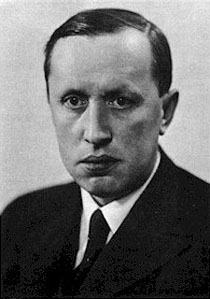A Quote by Henry Fielding
Adversity is the trial of principle. Without it a man hardly knows whether he is honest or not.
Related Quotes
There are four types of men in this world: 1. The man who knows, and knows that he knows; he is wise, so consult him. 2. The man who knows, but doesn't know that he knows; help him not forget what he knows. 3. The man who knows not, and knows that he knows not; teach him. 4. Finally, there is the man who knows not but pretends that he knows; he is a fool, so avoid him.
Whether lawyer, politician or executive, the American who knows what's good for his career seeks an institutional rather than an individual identity. He becomes the man from NBC or IBM. The institutional imprint furnishes him with pension, meaning, proofs of existence. A man without a company name is a man without a country.
Patience is necessary in this life because so much of life is fraught with adversity. No matter how hard we try, our lives will never be without strife and grief. Thus, we should not strive for a peace that is without temptation, or for a life that never feels adversity. Peace is not found by escaping temptations, but by being tried by them. We will have discovered peace when we have been tried and come through the trial of temptation.
A man's true greatness lies in the consciousness of an honest purpose in life, founded on a just estimate of himself and everything else, on frequent self-examinations, and a steady obedience to the rule which he knows to be right, without troubling himself about what others may think or say, or whether they do or do not that which he thinks and says and does.





































